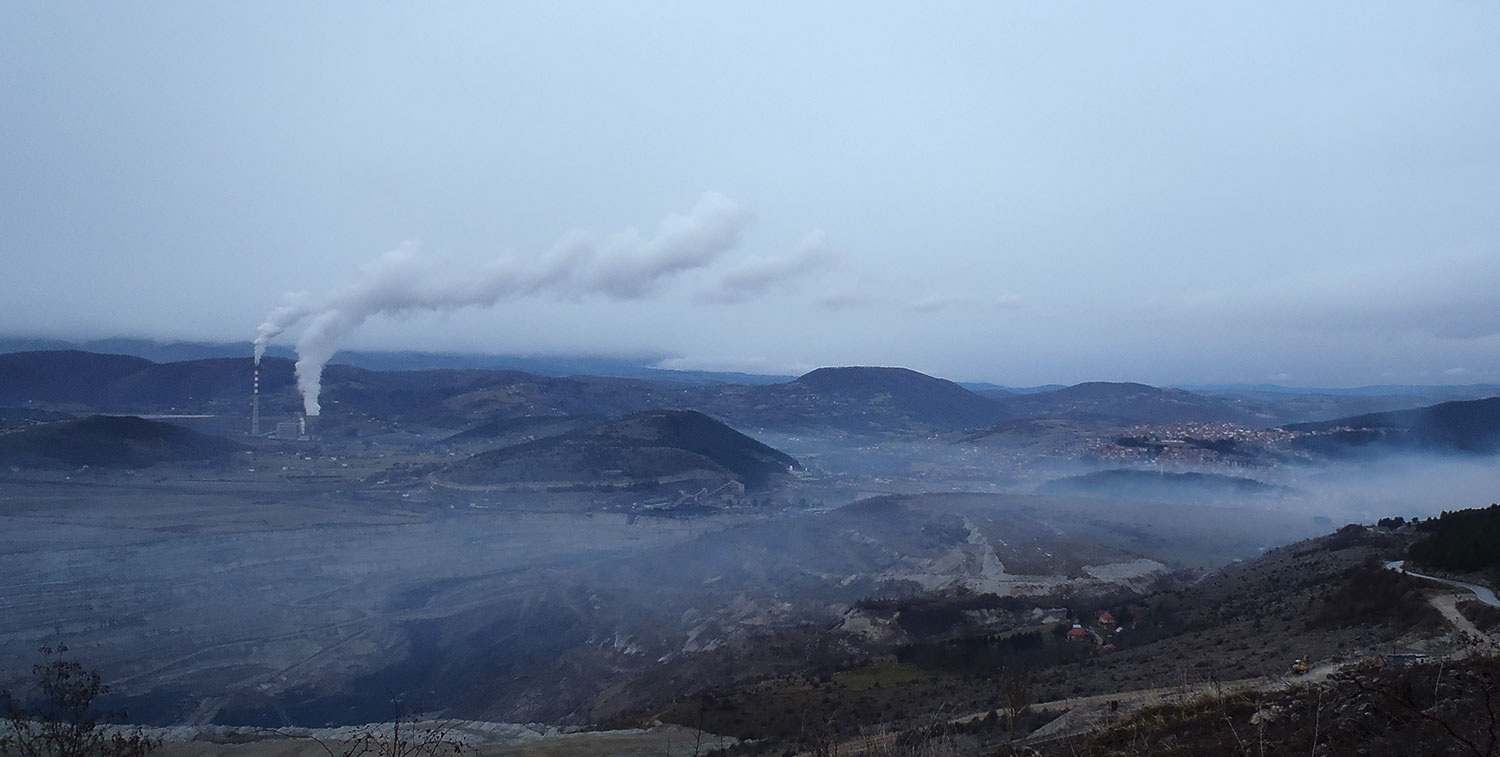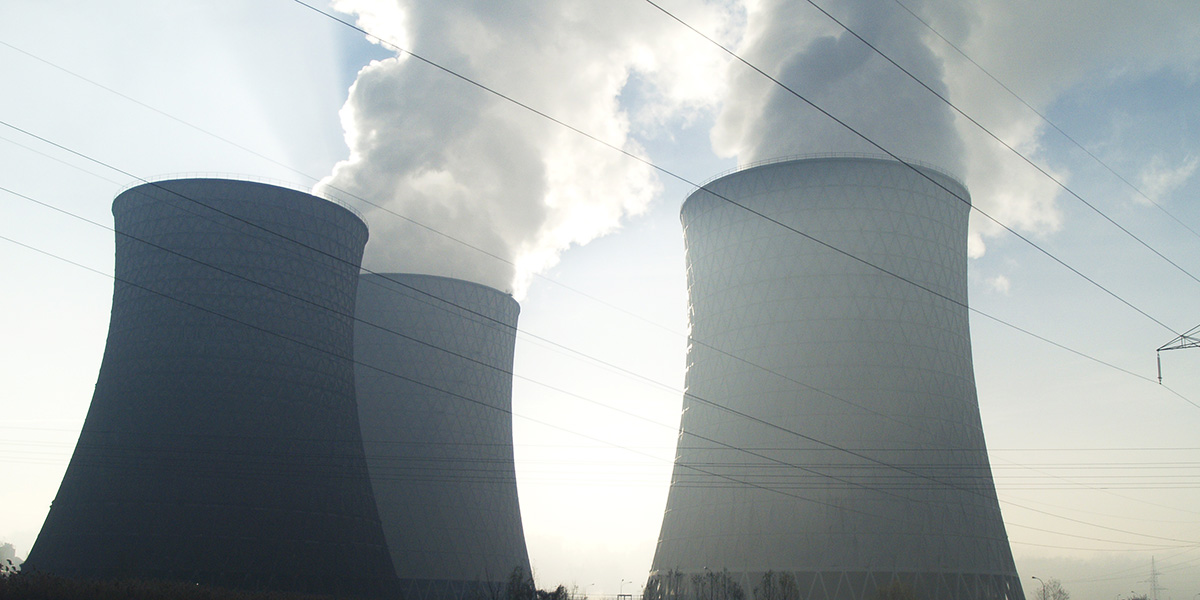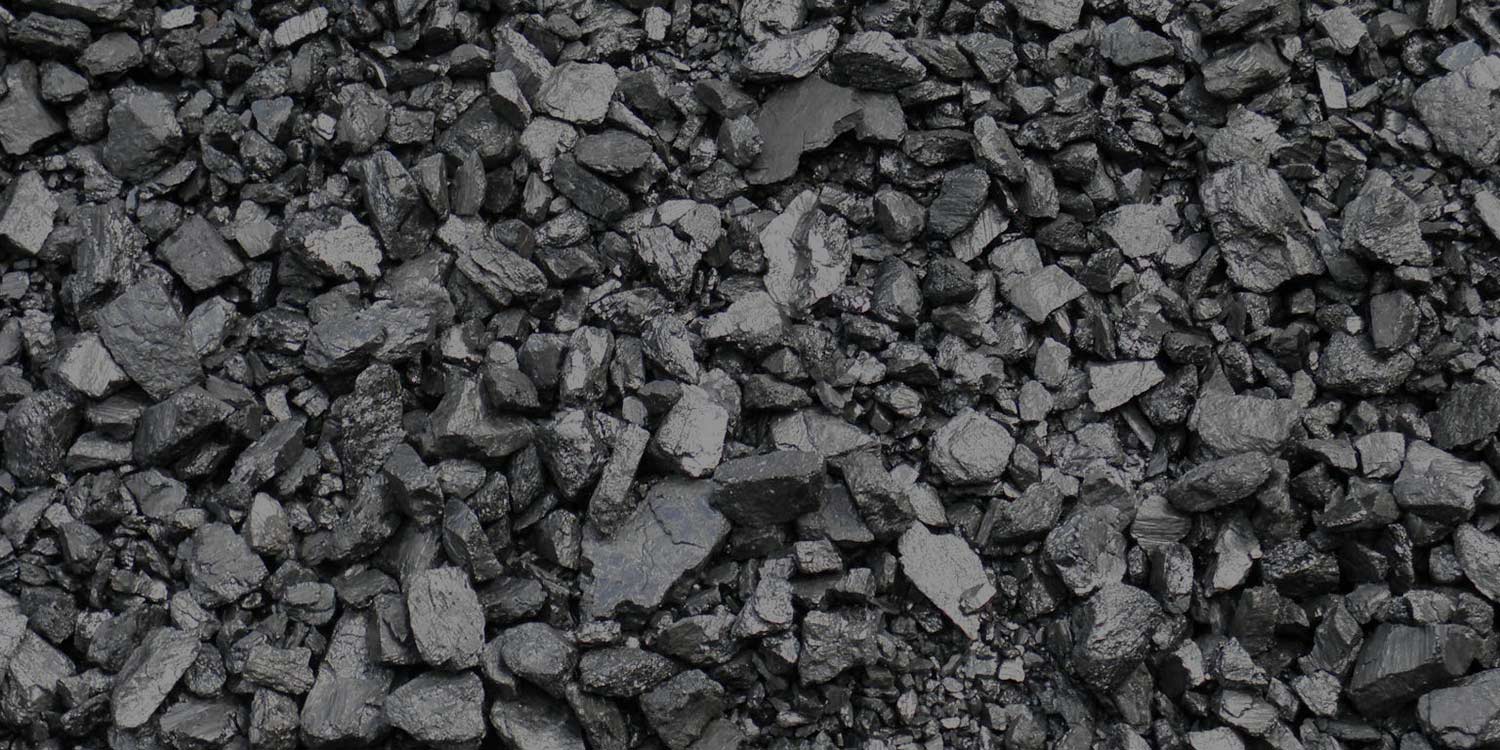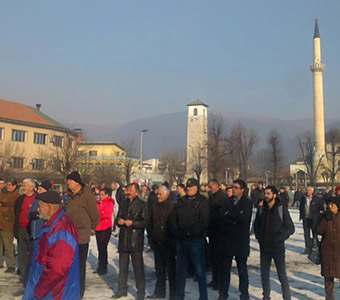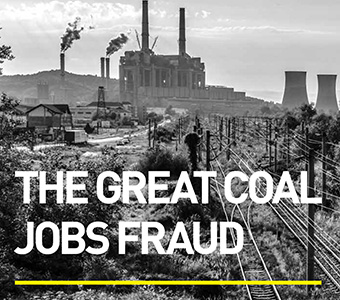
Southeast Europe Energy Policy Officer
Email: pippa.gallop AT bankwatch.orgTel.: +385 99 755 97 87
Pippa works as Bankwatch Southeast Europe energy advisor, with a specialisation in coal and hydropower in the Western Balkans. She is based in Zagreb, Croatia and speaks English, Croatian and rusty German.
More from Pippa Gallop
Green Home, a Montenegrin environmental non-governmental organisation, on Friday submitted a complaint to the Administrative Court of Montenegro requesting the cancellation of the environmental approval for the controversial Pljevlja II coal power plant the government seeks to build.
Balkans are gambling on coal as EU utilities opt out
April 12, 2017 | Read more
Eurelectric members have pledged to build no new coal power stations from 2020. So why do firms in Serbia and Bosnia still think they can make coal pay?
Plans for new lignite power plants in Western Balkan countries do not take into account the effect of CO2 prices, according to a new Bankwatch study. As a result, the plants risk becoming uncompetitive in the future, with taxpayers footing the bill.
[Campaign update] Pljevlja residents protest against air pollution
December 23, 2016 | Read more
Once again people from Pljevlja in northern Montenegro have taken to the streets to protest against the awful pollution that has been plaguing the town for years. Supported by NGOs Ozon and Green Home, the protest aimed to put pressure on the authoriti
Now is the time for southeast Europe to start an inclusive and just transition away from lignite, argues new Bankwatch research.
